detail profile luiz de barros
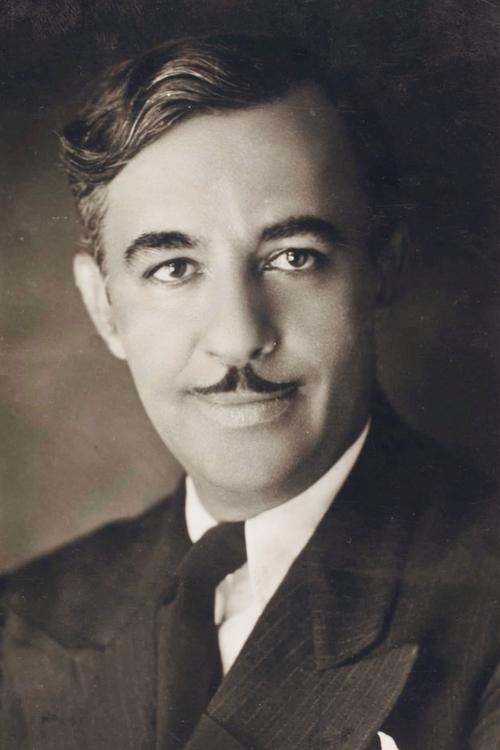
Luiz de Barros
Luiz Guilherme Teixeira de Barros
atau dikenal sebagai
Riwayat Hidup
Luiz de Barros (Rio de Janeiro, September 12th, 1893 — Rio de Janeiro, 1982) was a Brazilian filmmaker, producer, actor, screenwriter, cinematographer and editor.
He also worked in the theater as a set designer, producer, artistic director and a playwright, besides serving as a decorator and artistic director for famous shows of the Cassino da Urca and Cassino Atlântico.
His career in film began in 1914, when he directed A Viuvinha.
He directed the first Brazilian sound film, Acabaram-se os Otários (1929), made with a synchronization technique he devised himself.
From 1914 to 1980, he made about 250 films.
Info Pribadi
Peran Yang Di Mainkan Luiz de Barros
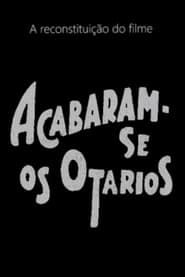 A hillbilly and an Italian leave...
A hillbilly and an Italian leave...Acabaram-se os Otários 1929
A hillbilly and an Italian leave the countryside, go to São Paulo and are scammed by a crook. They end up being chased by a police officer, and without a penny in their pockets, they end up returning to the countryside. It's considered a lost film, but a reconstituted version was made by researchers at the Universidade Federal Fluminense.
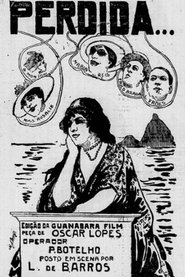 The French girl Nanette Lubin came...
The French girl Nanette Lubin came...Perdida 1916
The French girl Nanette Lubin came to Rio looking for her aunt and ended up finding the son of a baroness, Ricardo de Toneleiros. Not finding her aunt, Nanette became a manicurist for a baroness and later the lover of the lady's nephew. The film ends with the death of Nanette, who had been located by her aunt, but the aunt, upon learning how her niece was living, returned to the farm where she lived.
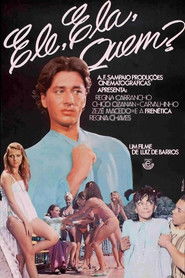
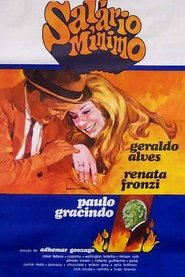


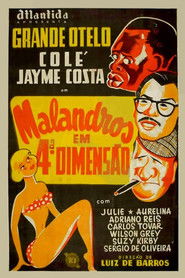
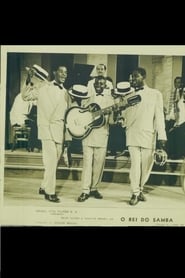



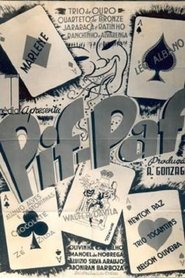
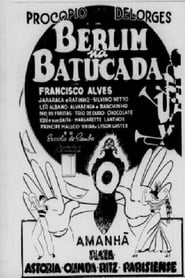
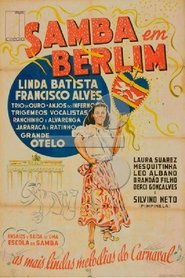
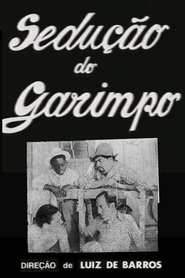
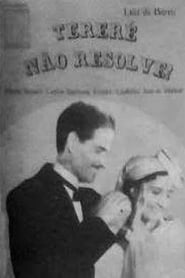
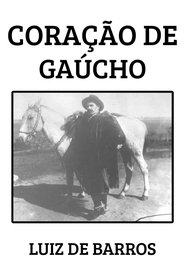 Film based on the book O...
Film based on the book O...